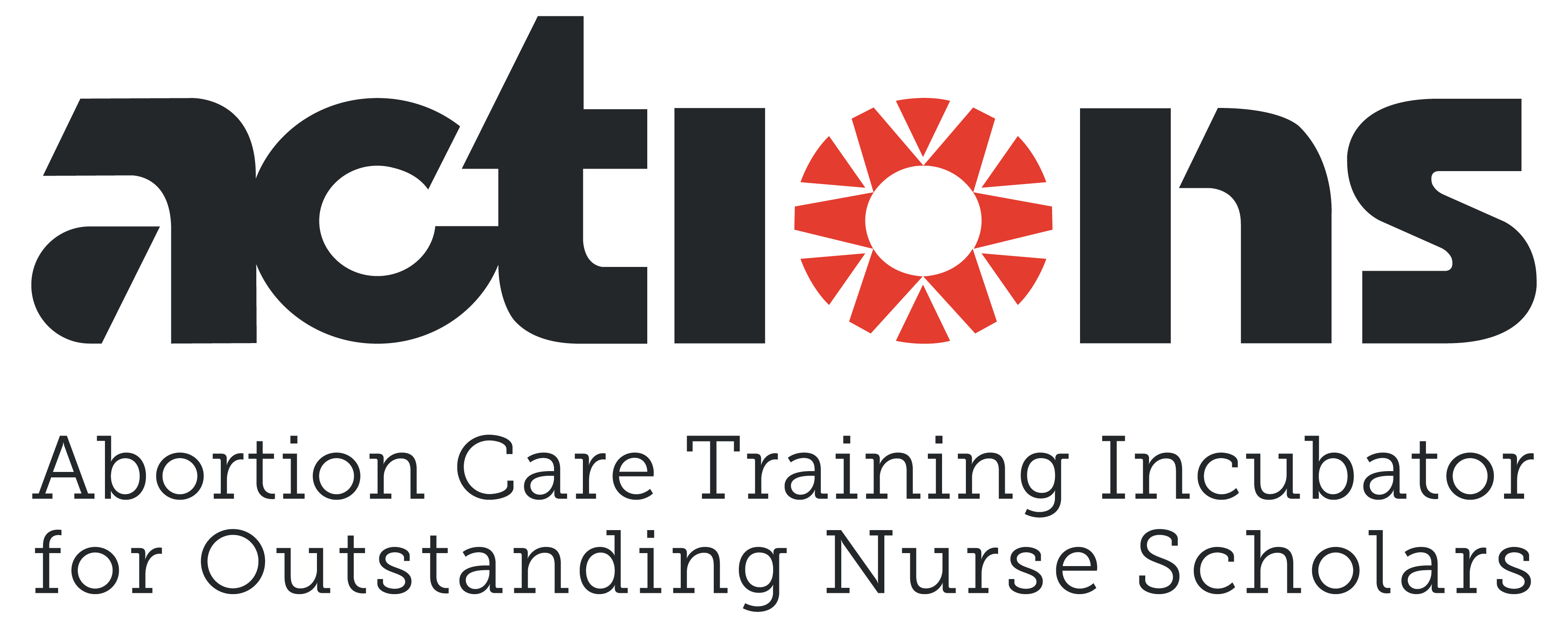To RSVP, please visit https://bit.ly/2IRxTAw
About this Event
The speakers will engage in dialogue around: Understanding the Health Policy Perspectives of Black Women Specific to the 2020 Election. This conversation will explore the implications the 2020 elections will have on Black Women's autonomy throughout their Reproductive Life Course.
We would like to give a special shout out to our lovely sponsors! We greatly appreciate their support and generosity.
SPONSORS:
Institute for Sustainable Economic, Educational, and Environmental Design (I-SEEED)/Soul Innovation and Urban Opportunity Lab (SOUL)
Advancing New Standards in Reproductive Health (ANSIRH)
Bixby Center for Global Reproductive Health (Bixby)
Preterm Birth Initiative (PTBi)
UCSF: Office of Diversity and Outreach
Abortion Care Training Incubator for Outstanding Nurse Scholars (ACTIONS)
Melissa Harris-Perry:
Television host and political science professor Melissa Victoria Harris-Perry was born on October 2, 1973 in Seattle, Washington. Her father, William M. Harris, Sr., was the first dean of African American Affairs at the University of Virginia; her mother, Diana Gray, primarily worked for nonprofit organizations, colleges, and state government agencies. Harris-Perry was raised in both Charlottesville and Chesterfield County, Virginia, and attended Thomas Dale High School. She received her B.A. degree in English from Wake Forest University in 1994 and her Ph.D. degree in political science from Duke University in 1999. She also studied theology at Union Theological Seminary in New York.
Dr. Monica McLemore:
Monica McLemore, RN, MPH, PhD, is focused on understanding the factors that influence the health, wellbeing and livelihood of low-income and women of color who I am fortunate enough to serve clinically at Zuckerberg San Francisco General. Using the intersectional human rights middle range theory called reproductive Justice (RJ), enables me to design rigorous studies that answer novel and complex research questions because RJ is simultaneously a theory, practice and a strategy that is grounded in four principles. Simply put, RJ posits that every person has the right to decide if and when to become pregnant and to determine the conditions under which they will birth. Next, every person has the right to decide they will not become pregnant or have a baby and options for preventing or ending pregnancy are accessible and available. Third, individuals have the right parent children they already have with dignity and has the necessary social supports in safe environments and health communities without fear of violence from individuals or the government. Finally, individuals have the right to disassociate sex from reproduction and that health sexuality and pleasure are essential components to whole and full human life.
Cherisse Scott-SisterReach :
Cherisse Scott has worked as an educator, advocate, and activist in Reproductive Justice for almost 10 years. She is the Founder and CEO of SisterReach, currently the only Reproductive Justice organization in the state of Tennessee, which offers the framework as a new way of strategizing and organizing on the local and state level. SisterReach works from a three-pronged strategy of reproductive and sexual health education, policy and advocacy on behalf of women and girls of color, poor women, rural women and their families. Learn more about Ms. Scott and SisterReach at www.sisterreach.org.
